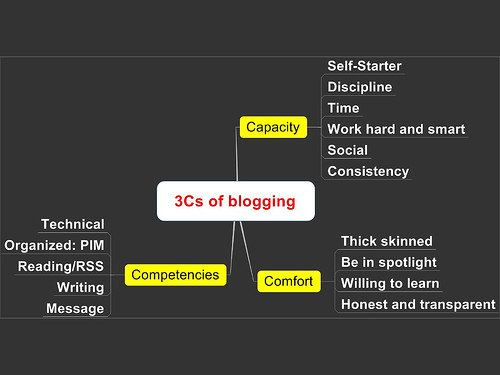Over the weekend, I spent two days in a cabin in Montville, a mountain village on the Blackall Range in Queensland, Australia. It was great to take in the mountain air and the glorious vistas and to stroll through Montville village, an arts and craft centre that I featured in one of my Squidoo lenses.
I had deliberately left my laptop behind on this trip and took a real break from computers, the Internet and work generally. There are times when you need to stop to move forward – to slow the momentum of your body and your mind.
Improve your blogging productivity with a rest
Without rest and relaxation, you can become stale in what you are doing whether it is article writing, social media marketing or writing blog posts.
With a break, you can return to your daily blogging with renewed energy, insight and enthusiasm. A break can also improve your productivity through the energy renewal and new perspectives you gain. Often you will find that the solution to your current issue or problem lies in front of you – you just need time out to see it.
This is particularly true when you are engaged in running a small business offline. The daily demands can mean that you are constantly ‘chasing your tail’. Eventually, you can’t ‘see the wood for the trees’ – you are blind to the bigger picture because of reacting to small things.
Stepping back, taking time out, is essential to develop a new perspective. You could take a weekend away to refresh your mind. The beauty of a place like Montville can be really invigorating.

[display_podcast]
Time seems to stand still when you stop – minutes turn into hours and hours become days. This is in stark contrast to when you are busy chasing deadlines.
I was able to take heaps of photos on my Samsung Galaxy S11 Camera (8 Megapixels) on my Montville break and now I have these available for blog posts (see images in this post) and for creating videos via Animoto.
I was also able to identify ways that I could add more content to my personal productivity membership site:
- Re-purpose articles I have written for Ezinearticles.com
- Create a series on MP3’s on productivity and energy levels
- Expand productivity tips from some of my Squidoo lenses
- Develop a series of promotional videos for the membership site.
By taking a two day rest at Montville, I am now able to resume my blogging with improved productivity through an increase in energy, resources and ideas.





